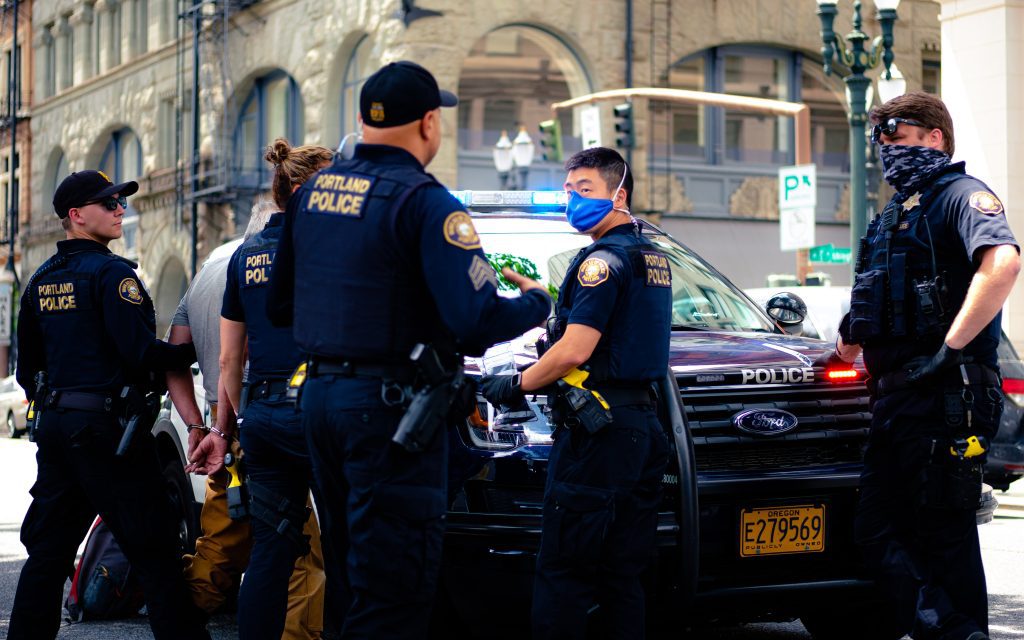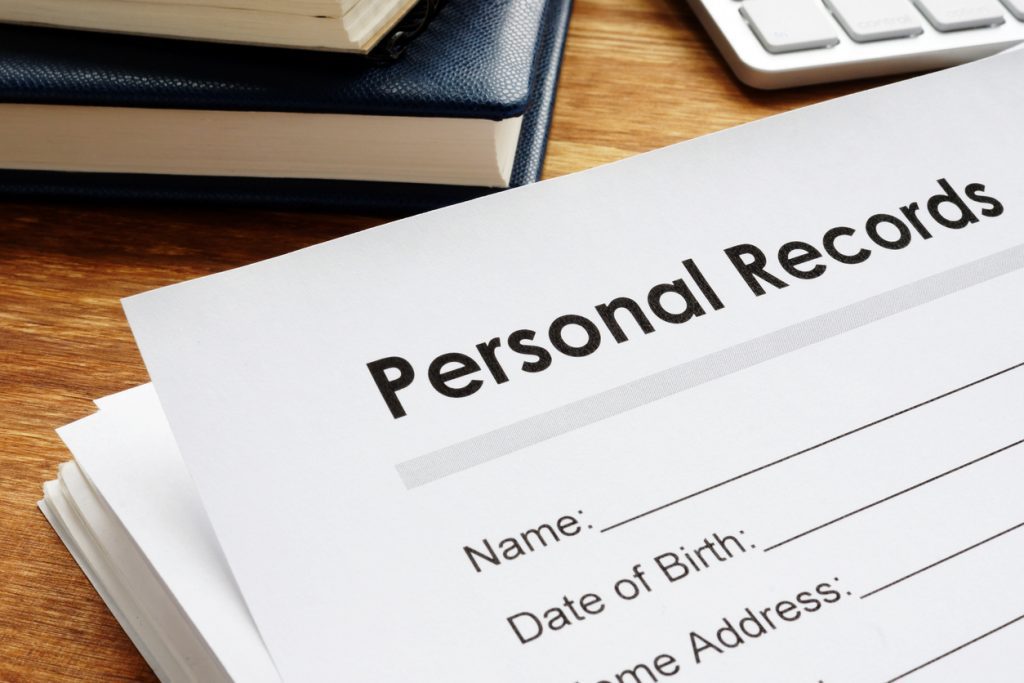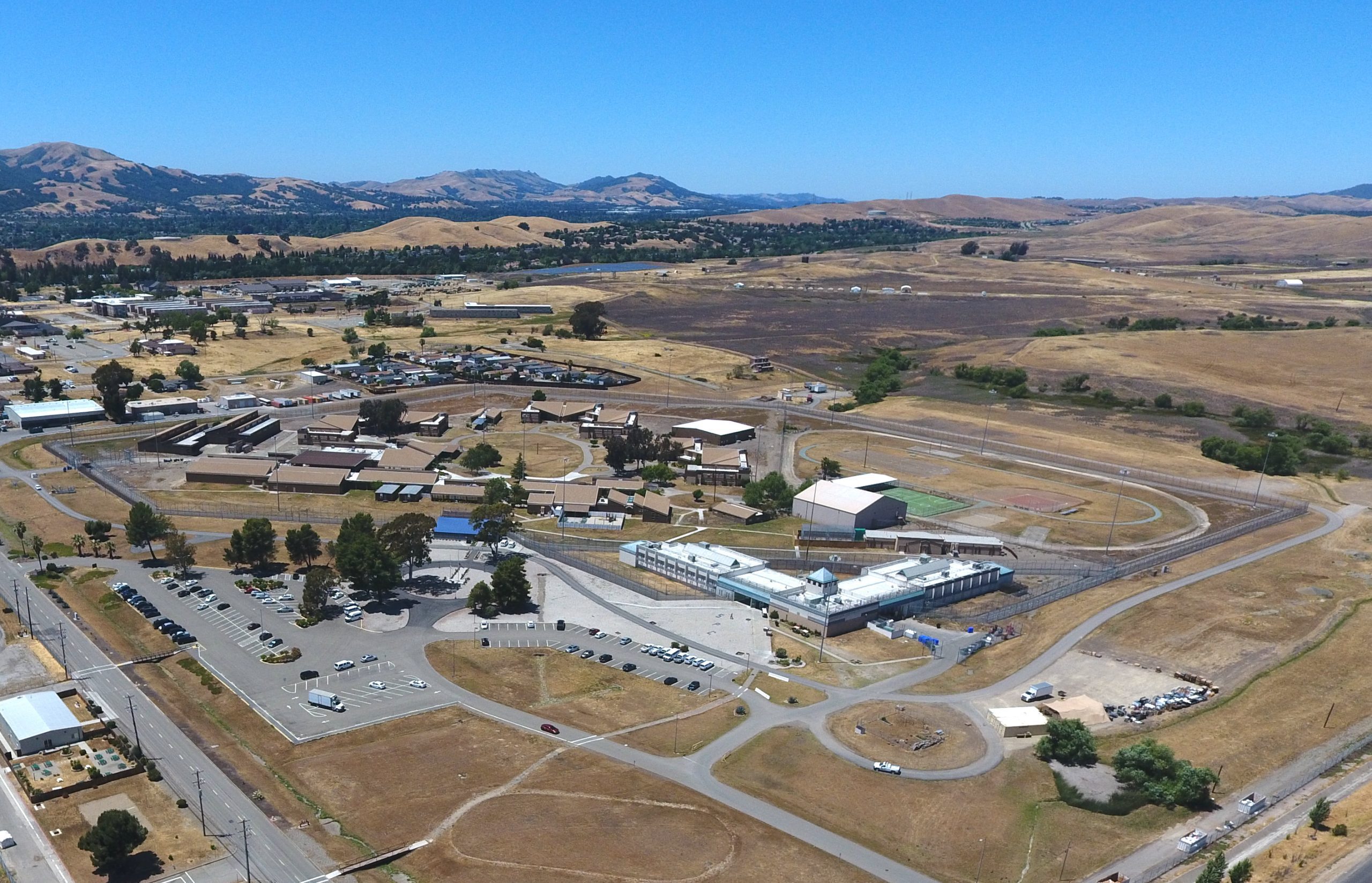Simply put, a parolee is a person released from prison on parole. Release on parole permits someone to serve the remainder of their prison term outside the prison setting as long as they follow certain conditions.
A parolee will continue to be monitored for compliance with specific conditions for a specific time period. A parolee is permitted to live on the outside of the prison setting while continuing to serve their sentence. Parole rules change from state to state.
How do officials they decide to put someone on parole?
Parole usually depends on such factors as good behavior during incarceration. In general, the sentencing judge will not be involved in the parole decision once a person has served the minimum required term of incarceration.
States, like the federal government, have parole boards or commissions that review a person’s prison behavior records. Note that in some states, some crimes do not allow parole. For example, in a murder case where the sentence is “life without the possibility of parole,” the person will usually not be eligible for parole. Other states don’t have parole at all.

Legal counsel can help people with parole issues, some of which are complex. For example, some people have been able to obtain release on parole despite a life sentence based on “exceptional behavior” after serving most of their sentence. Those cases are extremely rare and usually require the assistance of counsel.
Parolees have to check in with a parole officer and follow other rules to remain out on parole. Violating parole means that state corrections officials can send the parolee back to complete their sentence in prison, just like someone on regular probation or supervised release.
When makes someone go from a prisoner to parolee?
There are many reasons for granting a person parole status, with good conduct while incarcerated being the most significant. Corrections departments and parole boards use good conduct as a proxy to evaluate whether they consider a person has been rehabilitated.
Depending on the state, a person appears before a parole board once the corrections staff determines that they have become eligible for parole. Typically, they will answer the parole board’s questions. The questions attempt to understand if the person is ready to live on the outside without posing a risk to the community. Victims and their families attend parole board hearings in some cases. The parole board’s job is to consider all relavant factors and determine whether to grant or deny the potential parolee’s application.

What are the usual conditions for a parolee?
The most common conditions for parolees while out on parole include the following:
- meeting with their parole officer as often as the terms of the parole require,
- getting and maintaining a job,
- maintaining imposed curfews,
- refraining from contact with victims, victims’ families or anyone else as ordered by the state,
- refraining from the use of illegal drugs,
- refraining from the use of drugs without a legal prescription,
- in some states, refraining from excessive use of alcohol,
- refraining from criminal conduct and
- attending AA or NA meetings.
Violation of any of these conditions can lead to parole revocation. In many cases, parole revocation means that the parolee will serve the rest of their sentence in prison, usually with no further chance of parole.
The Takeaway:
Parolees get the chance to finish their prison terms outside the prison setting. It is a privilege that requires them to follow strict conditions to remain on parole.






